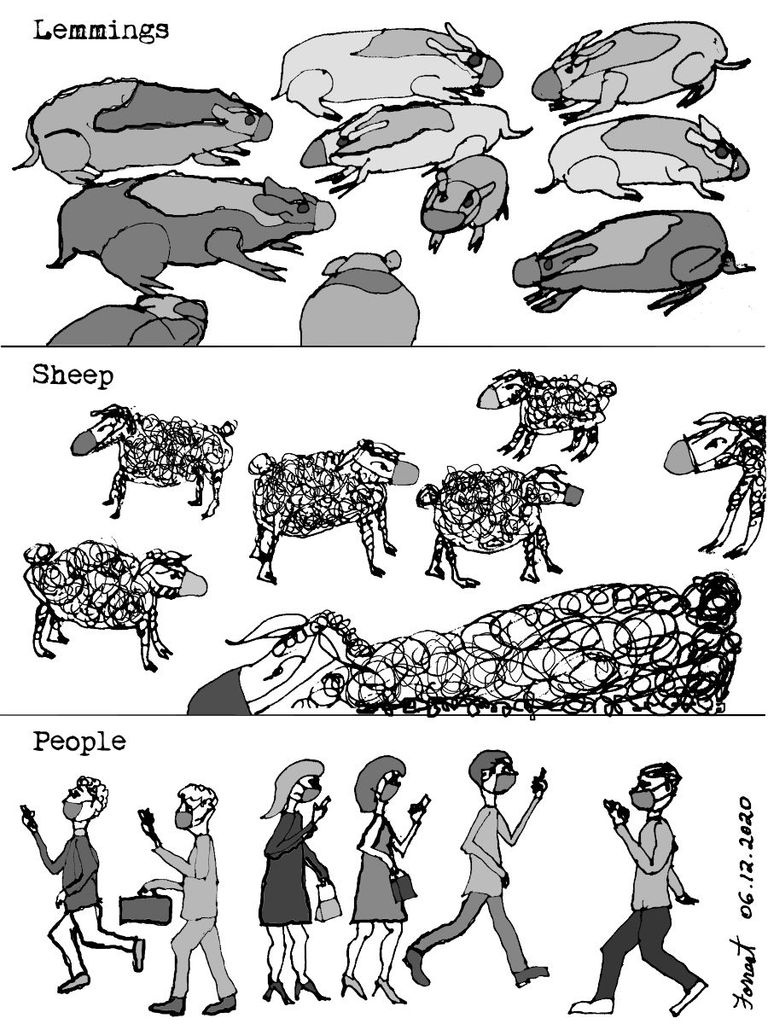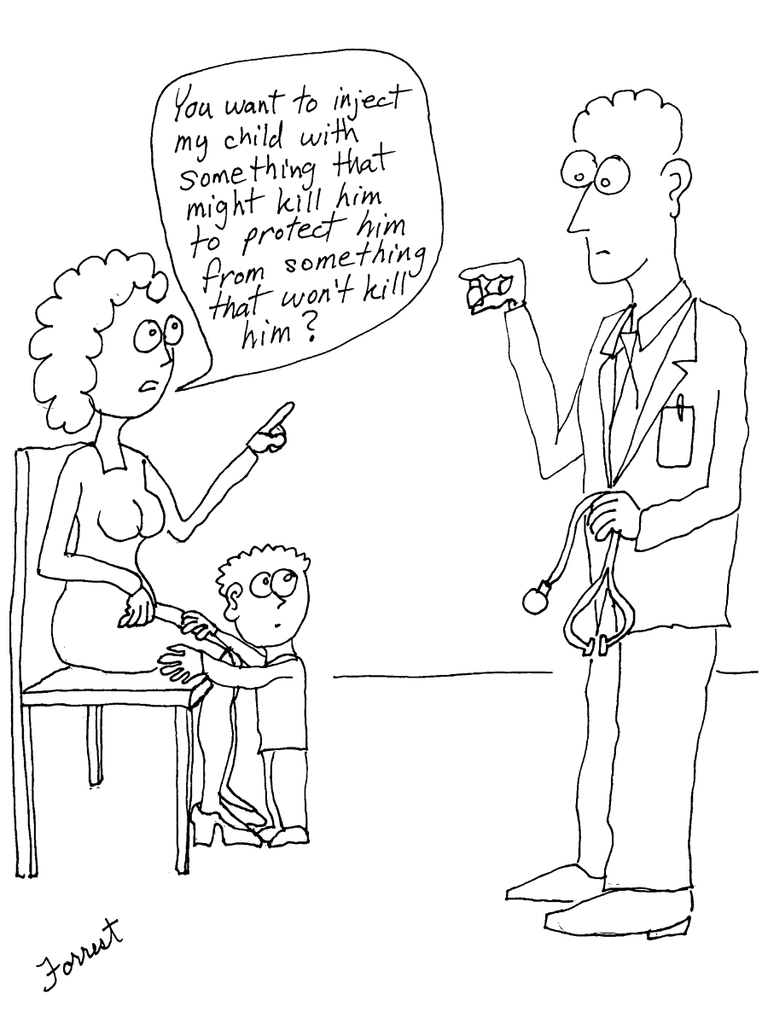
Meaning of: Jump On The Bandwagon
In psychological terms, “jump on the bandwagon” refers to the bandwagon effect, a phenomenon where individuals adopt certain behaviors, styles, or attitudes simply because others are doing so. This can occur due to the desire to fit in with peers, gain approval, or avoid being the odd one out. It is also influenced by the assumption that others may have more information or understanding of a situation, leading people to align their beliefs and behaviors with those of a group. This effect can spread quickly through a positive feedback loop, where the more people who join, the more likely others are to follow.
The Covid-19 pandemic has led to various social and psychological phenomena, including the bandwagon effect, where people adopt behaviors or beliefs because many others are doing so. As of the latest reports, the pandemic’s impact on people’s experience of time and behavior has been significant, with many experiencing a distortion of their sense of time due to lockdowns and other restrictions. The bandwagon effect during this period has been observed in the adoption of health measures, such as mask-wearing and vaccination, as well as in the spread of misinformation about the virus.
The bandwagon effect has been influenced by factors such as social media, where information and behaviors are rapidly shared and adopted by large numbers of people.
The effect has also been driven by government policies and public health campaigns, which have encouraged people to follow certain behaviors, such as social distancing and hand hygiene, in order to slow the spread of the virus.
Additionally, the bandwagon effect has played a role in the spread of misinformation about Covid-19, with false or unverified claims about the virus and its treatments being rapidly shared and adopted by some individuals.
The COVID-19 pandemic presented a unique opportunity for military exploitation of the bandwagon effect, where the tendency to follow the crowd and adopt certain behaviors or beliefs due to their popularity can be leveraged to influence public opinion and shape behaviors.
US Military Campaign: The US military launched a secret campaign to counter China’s growing influence in the Philippines by sowing doubt about the safety and efficacy of Chinese vaccines, exploiting the bandwagon effect to create a wave of skepticism and fear among the public.
Psychological Operations: The US military employed psychological operations, including the use of social media tools and fake accounts, to spread messages and influence public opinion, taking advantage of the bandwagon effect to create a perception of widespread distrust in Chinese vaccines.
Global Impact: The military exploitation of the bandwagon effect during the COVID-19 pandemic was not limited to the US, as other countries also utilized similar tactics to shape public opinion and influence behaviors, highlighting the need for critical evaluation of information and sources to avoid being swayed by manipulated narratives.
The bandwagon effect can be particularly potent during times of crisis, such as the COVID-19 pandemic, where people may be more susceptible to influence and manipulation due to fear, uncertainty, and a desire for safety and security. By recognizing and understanding the bandwagon effect, individuals can make more informed decisions and avoid being exploited by military or other actors seeking to shape public opinion and behaviors.
Denis Rancourt - There was no pandemic it was the state that killed granny.
https://old.bitchute.com/video/nT3TKHdqqzh3/
Denis Rancourt, a former professor of physics, has conducted research on all-cause mortality data in relation to the COVID-19 vaccine rollout. His analysis, which has been published in various papers and interviews, suggests that the vaccination campaign has been associated with increased mortality rates. According to his research, the COVID-19 vaccines have killed an estimated 13 million people worldwide, with 3.7 million deaths attributed to the vaccination campaign in India alone.
Rancourt’s analysis of government data from the United States, particularly from the state of Mississippi, shows that the rollout of the COVID-19 vaccine was followed by a step-wise increase in mortality rates, especially among the elderly population. His research also indicates that the vaccines did not prevent any deaths, and that excess mortality persisted throughout the pandemic period.
Some of the key findings from Rancourt’s research include:
A correlation between the vaccine rollout and increased mortality rates, with a notable increase in deaths among the 25-64 age group in Mississippi
An estimated average all-ages rate of death of 1 death for every 2,000 injections, which increases exponentially with age
A lack of detectable excess mortality in the early stages of the pandemic, followed by a significant increase in mortality rates after the vaccine rollout.
